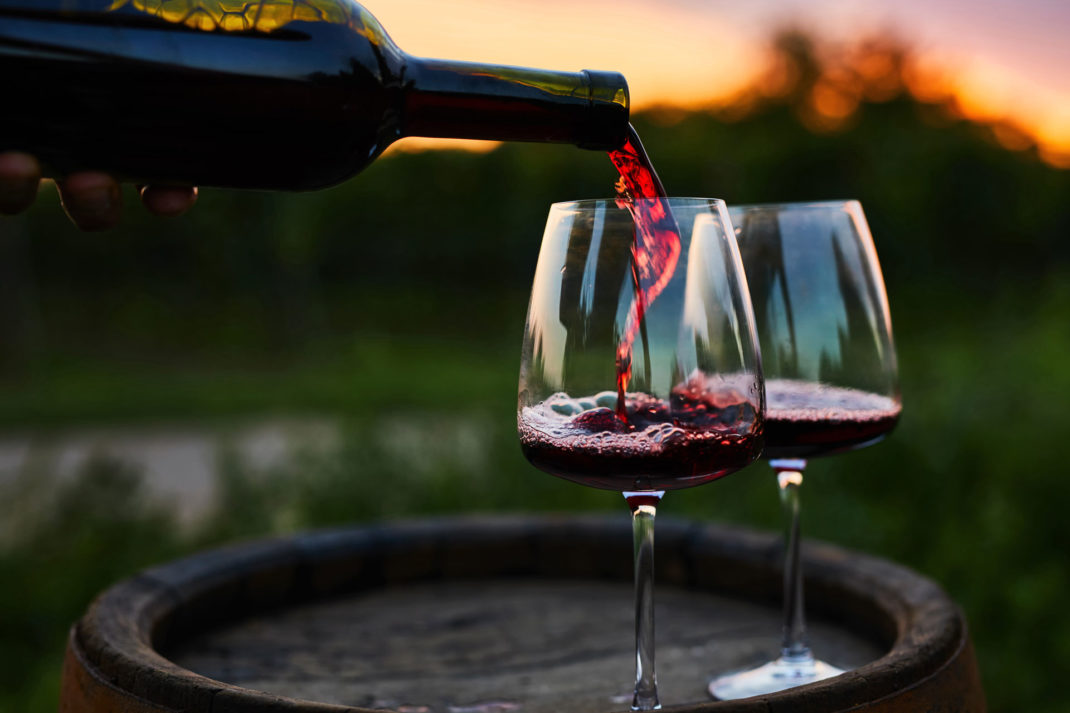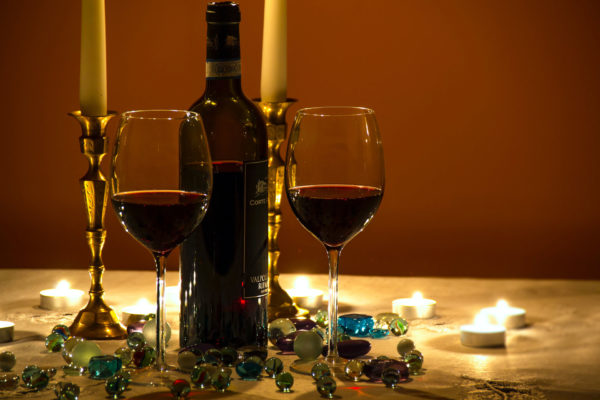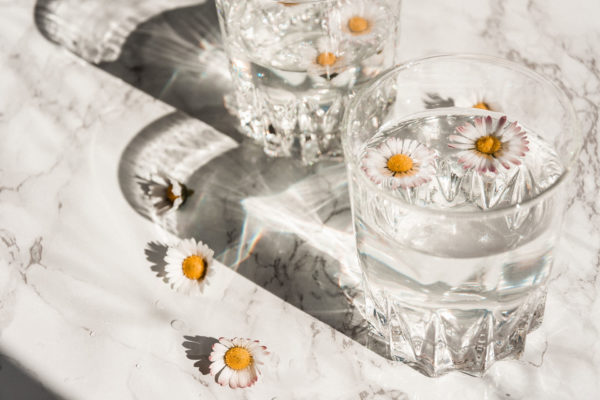Could 2024 Be The Year Non-Alcoholic Wine Takes Off?
By
7 months ago
The tides are turning for nolo vino
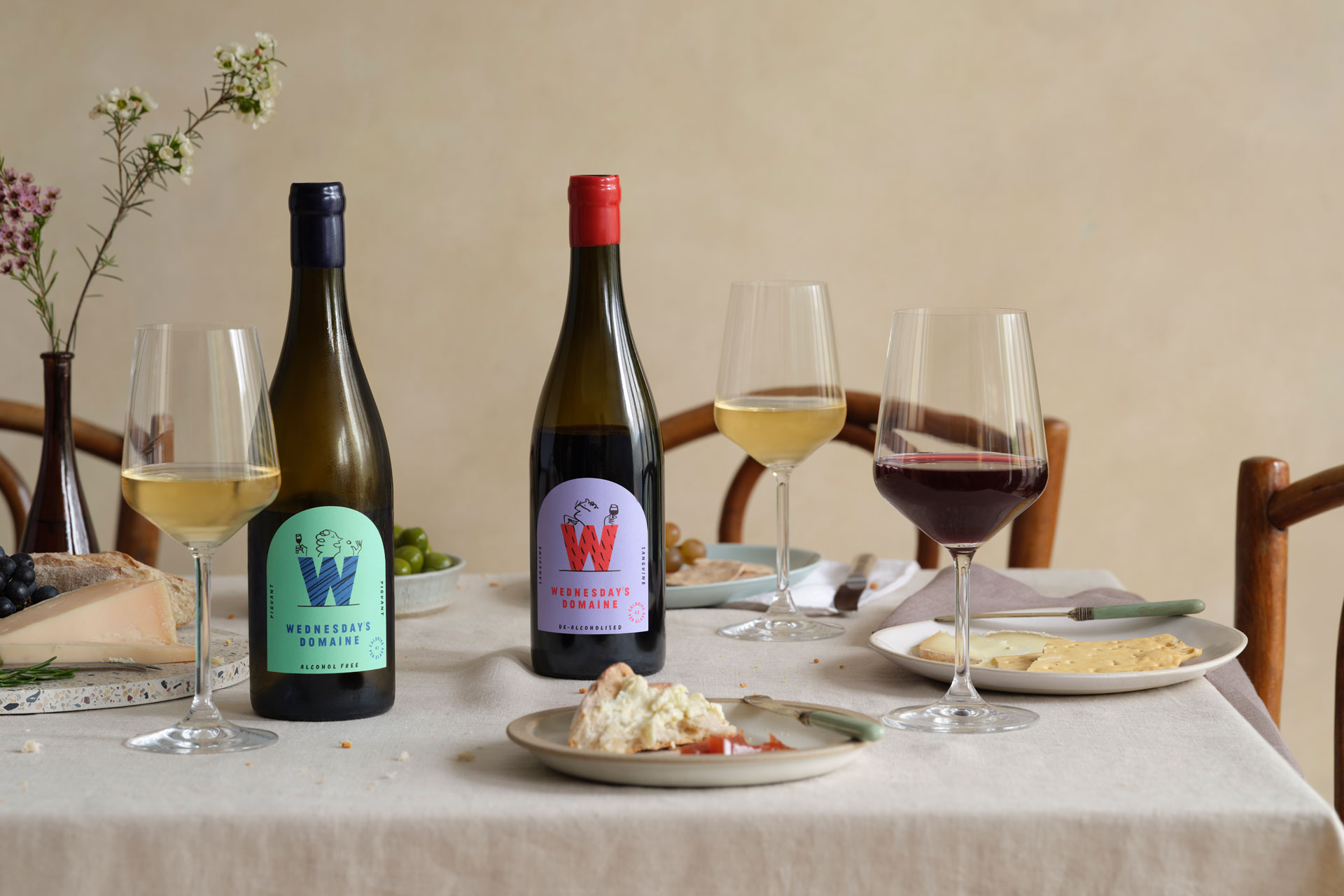
Alcohol-free beer is soaring and low-ABV cocktails are all the rage, but nolo wine has lagged behind – until now. With new technology refining the dealcoholizing process and a flurry of buzzy young producers reporting a boom in sales, 2024 might just be the year non-alcoholic wine has its moment.
Could 2024 Be The Year Non-Alcoholic Wine Takes Off?
Far from being a fleeting trend, the sober-curious movement continued to gain traction this year. More and more people are reducing their alcohol intake, or cutting it out entirely, as they prioritise their health and wellbeing – hence the surge in demand for no and low alcohol drinks that don’t feel like an afterthought.
In its annual trends report, Waitrose reported a 23 percent increase in sales for the low and no alcohol drinks category. This year has been particularly successful for alcohol-free beer, and mocktails are now pretty commonplace in most good restaurants and bars. One sector that has been a little slower on the uptake, though, is non-alcoholic wine.
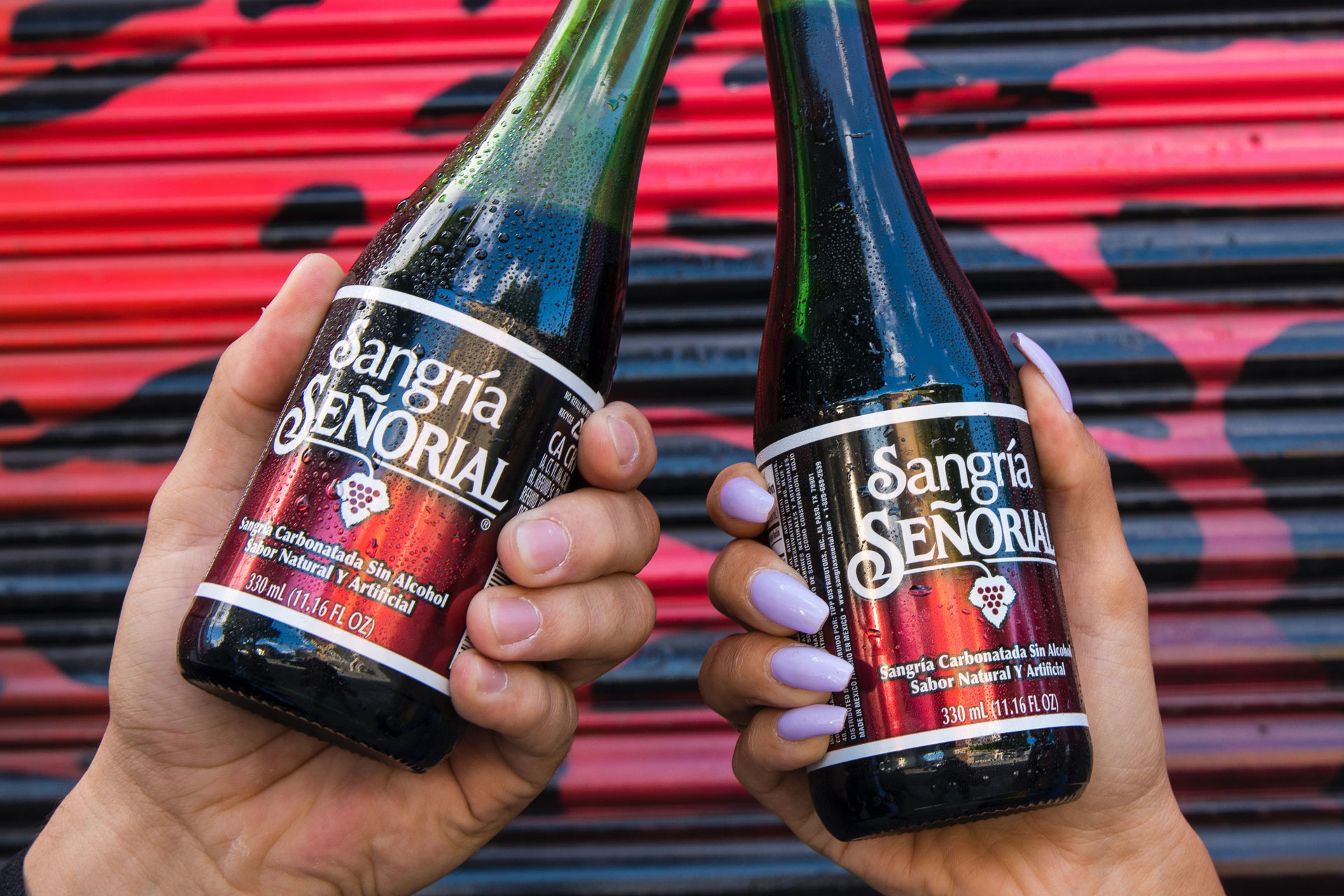
Historically, non-alcoholic wines haven’t had the best reputation. They’re usually made in one of two ways: either through vacuum distillation, where the alcohol is removed before the aromatics are added, or reverse osmosis, which filters out the alcohol. However, these processes often result in the aroma of the wine being lost – the very element which makes it special. Sugar and additives then have to be added to make up for it, which means lots of non-alcoholic wine has a very sweet taste. And while cocktails can do all sorts of fun things to make a drink appetising, there’s not really anywhere to hide with wine.
However, things are getting better. This is predominantly thanks to improvements in technology, but a pending change in law will also help. The UK government recently announced plans to alter the legal definition of wine, allowing non-alcoholic brands to market their products as wine rather than wine-based drinks.
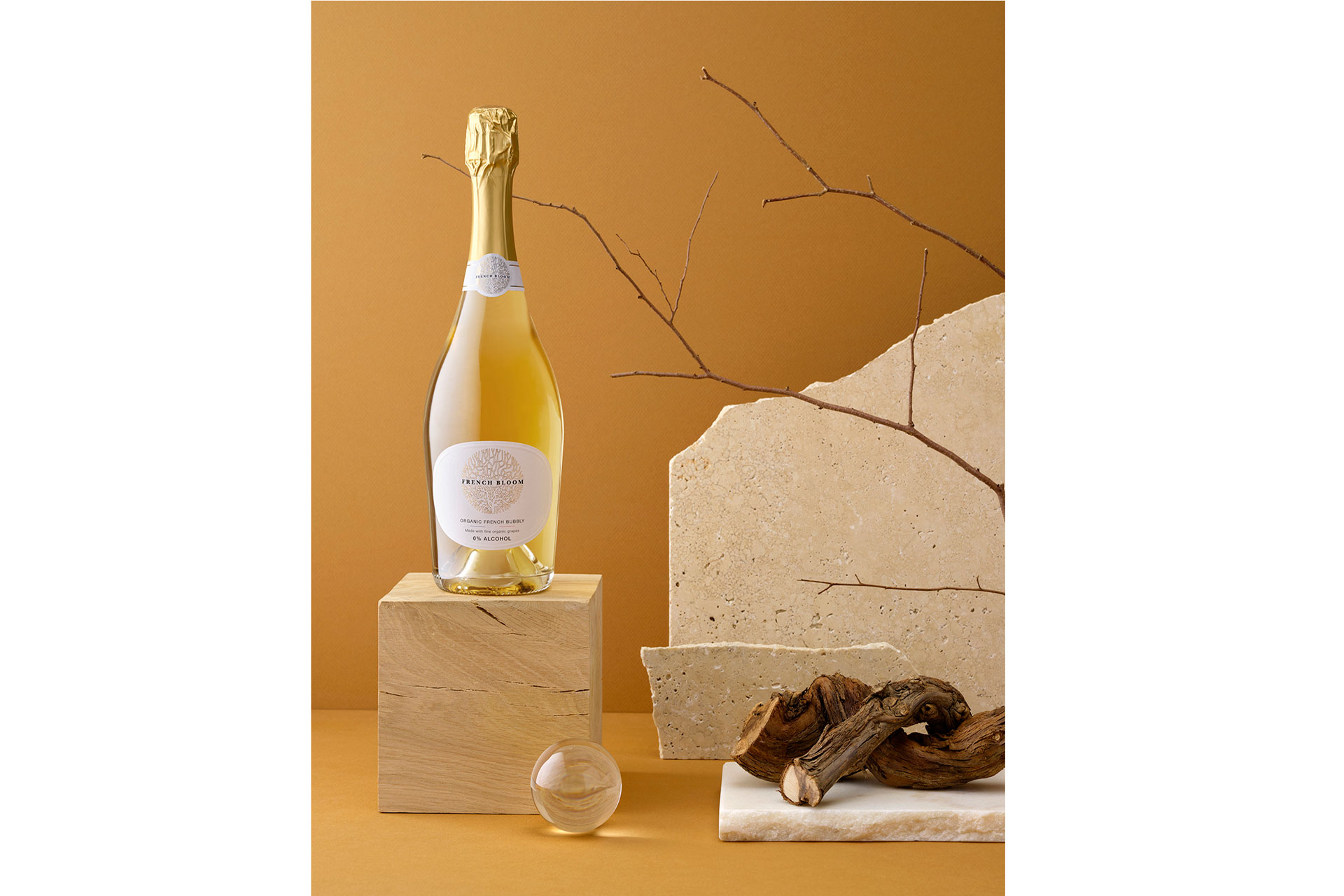
French Bloom
So which bottles are leading the charge? Sweeter styles, such as prosecco or Riesling, tend to work best when it comes to removing alcohol, though big, juicy reds can often handle it too. An ever-growing collection of small producers are dominating the industry at the moment, including Wednesday’s Domaine, who has reported a 74 percent increase in sales between the second and third quarter of this year. Alcohol-free sparkling wine brand Belle & Co is another favourite, alongside Californian winery Ariel, who has won awards all over the world. Oddbird, meanwhile, is pioneering a low-intervention method which sees its wines ‘liberated from alcohol’ in order to preserve the flavours.
Some of the big names are getting involved too. Château La Coste has created a non-alcoholic wine called Nooh; Kylie Minogue has made an alcohol-free version of her beloved sparkling rosé; and Freixenet now does its own alcohol-free fizz. And in 2021, Maggie Frerejean-Taittinger (husband of champagne aficionado Rodolphe Frerejean Taittinger) launched French Bloom, a non-alcoholic organic French wine. No doubt others will soon follow suit.


